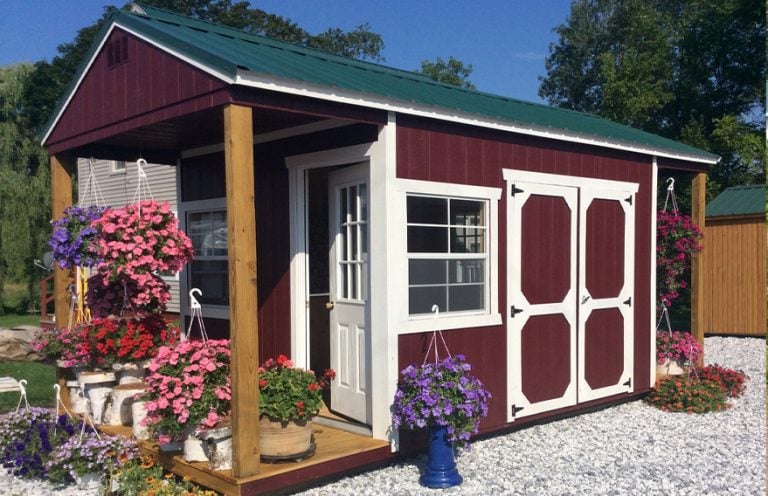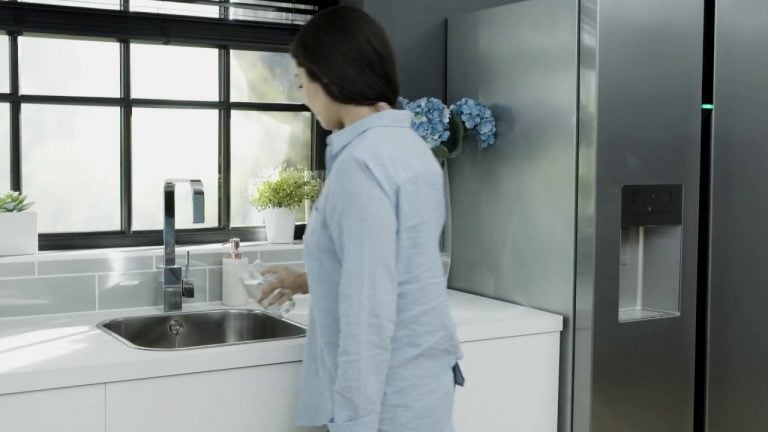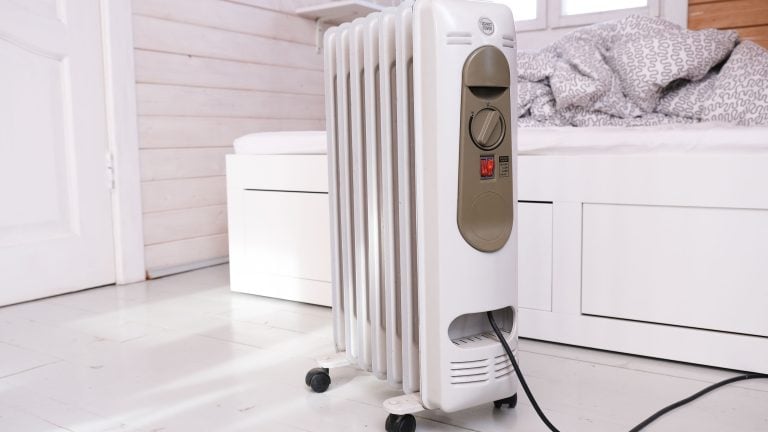The Essential Guide to Plumbing: Finding the Right Professional for Your Home
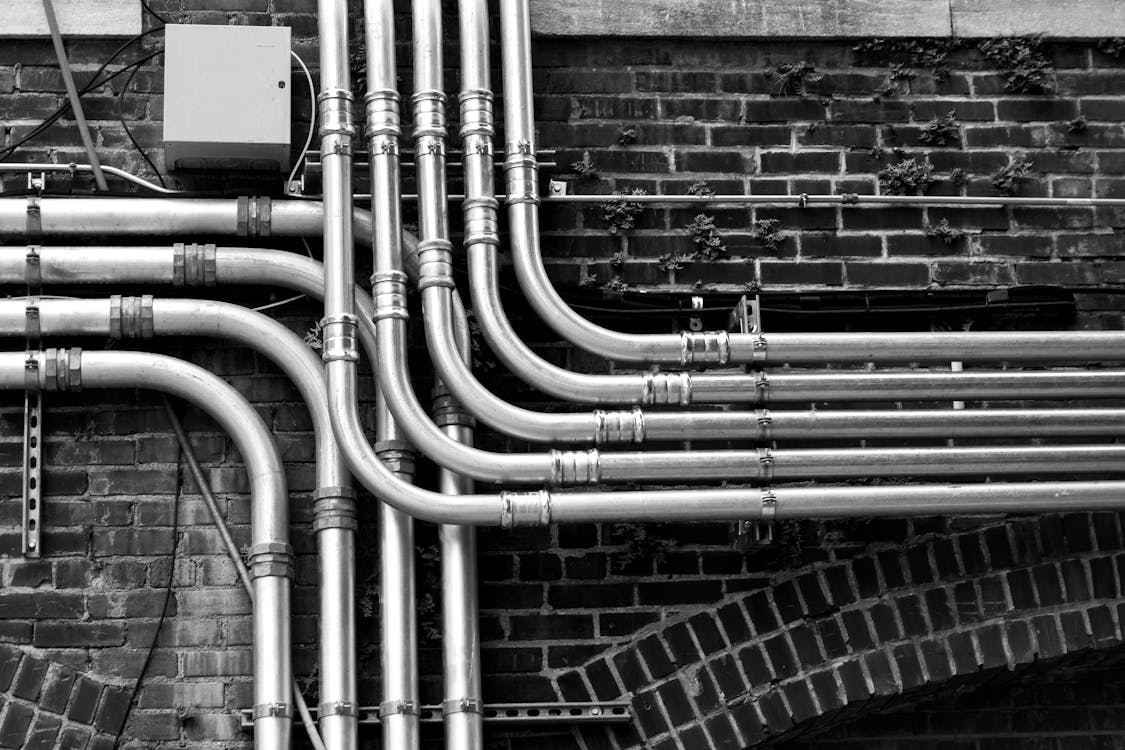
Table of Contents
As crucial as circulation for the human body, plumbing forms the lifeblood of homes – delivering water, removing waste, fueling appliances, and enabling sanitation conveniently with the flick of a switch or turn of a faucet handle.
However, despite plumbing hiding out of sight, issues tend to make themselves known dramatically when pipes get blocked, springs start leaking or drainage backs up. Seeking a competent plumber quickly minimizes discomfort and damage during breakdowns.
The Importance of Plumbing in Your Home
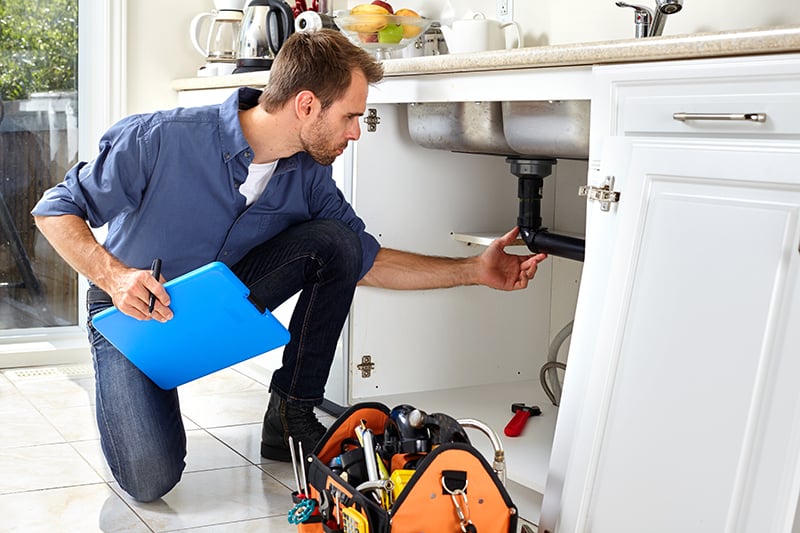 Often underappreciated until troubles arise, properly functioning plumbing delivers several vital services we rely on daily:
Often underappreciated until troubles arise, properly functioning plumbing delivers several vital services we rely on daily:
- Clean Water Supply: Safe water reaches every faucet and appliance reliably via intricately laid out pipes.
- Sanitation: Swiftly draining away household refuse with minimal blockage while keeping sewer gas safely trapped.
- Heating: Hot water furnishing bathing comfort and temperature moderation through radiators or ventilation.
- Appliances: Enabling laundry, dish cleaning, and kitchen conveniences by powering essential equipment.
- Gas Supply: Propane or natural gas fuels reaching stoves/ovens, fireplaces, and heating systems dependably where applicable.
Life abruptly grinds to a halt without functioning plumbing. Investing in regular care pays back manifold when issues get averted through early diagnosis.
Common Plumbing Problems
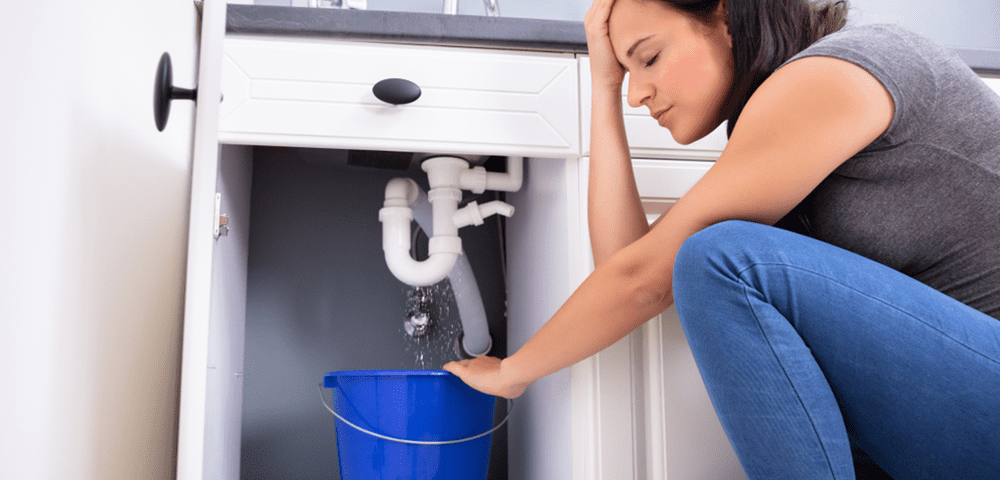 Despite robust materials and construction, natural wear plus environmental factors inevitably degrade plumbing infrastructure. Here are frequent nuisance areas and red flags:
Despite robust materials and construction, natural wear plus environmental factors inevitably degrade plumbing infrastructure. Here are frequent nuisance areas and red flags:
- Leaky Faucets and Pipes: Corroded washers, loose joints, or cracked pipes manifest as drips demanding seal replacements before mold risks arise. Steady leaks accelerate replacement needs.
- Clogged Drains: Flow-impeding gunk accumulating from hair, soap residue, greases, and tree roots triggers backflows and foul odors needing clearing via plungers, augers, or chemical dissolvers when accessible.
- Running Toilets: Flapper valves warped from age or mineral deposits not fully sealing after flushes cause continuous freshwater flow through the tank eventually inflating usage and bills.
- Low Water Pressure: Partially blocked pipes, faulty regulators or high demand periods constrain the water volume reaching taps – affecting applications needing robust flow strength.
- Water Heater Issues: Sediment accumulation within tanks, blown-out heating elements or leaking valves affects availability or temperature regulation necessitating repair.
- Sewer Line Problems: Tree root infiltrations, collapsed sewer walls, broken joints, and significant clogging risk wastewater backups requiring drainage jetting or pipe refits.
Many seemingly isolated issues share underlying blockage or aged component commonalities needing pros to decipher optimally.
When to Call a Plumber
Identifying issues requiring professional know-how over amateur attempts prevents unnecessary delays, complications, or expenditures. Seek experts for:
- Water Damage: Plumbing leaks steadily destroying property demand immediate halt by specialized technicians capable of extensively repairing impacted walls, flooring, cabinets, or furnishings too if necessary.
- Sewage Backups: Dense drainage obstructions require augmented snake equipment or pressurized jet treatment safely clearing out trapped debris or penetrating gnarled entanglements beyond generic consumer-grade drain cleaners.
- Gas Leaks: With explosive, toxic risks surrounding faulty gas line equipment or loose fittings, certified professionals should exclusively attempt installations, repairs, or troubleshooting via calibrated detectors locating origin points.
- Complex Repairs: Whole unit replacements like water heater or radiator installations, rerouting intricate pipe mazes, fumigating substantial clogs, or rebuilding bathroom walls merits Pros possessing validated technical qualifications, compliance knowledge, and equipment breadth.
- Lack of DIY Skills or Time: Be realistic about undertaking complex repairs amidst packed personal schedules or devoid of sufficient troubleshooting expertise, tools, or protective gear – excessive risks or delays can worsen issues. Lean on experienced experts.
Finding the Right Plumber
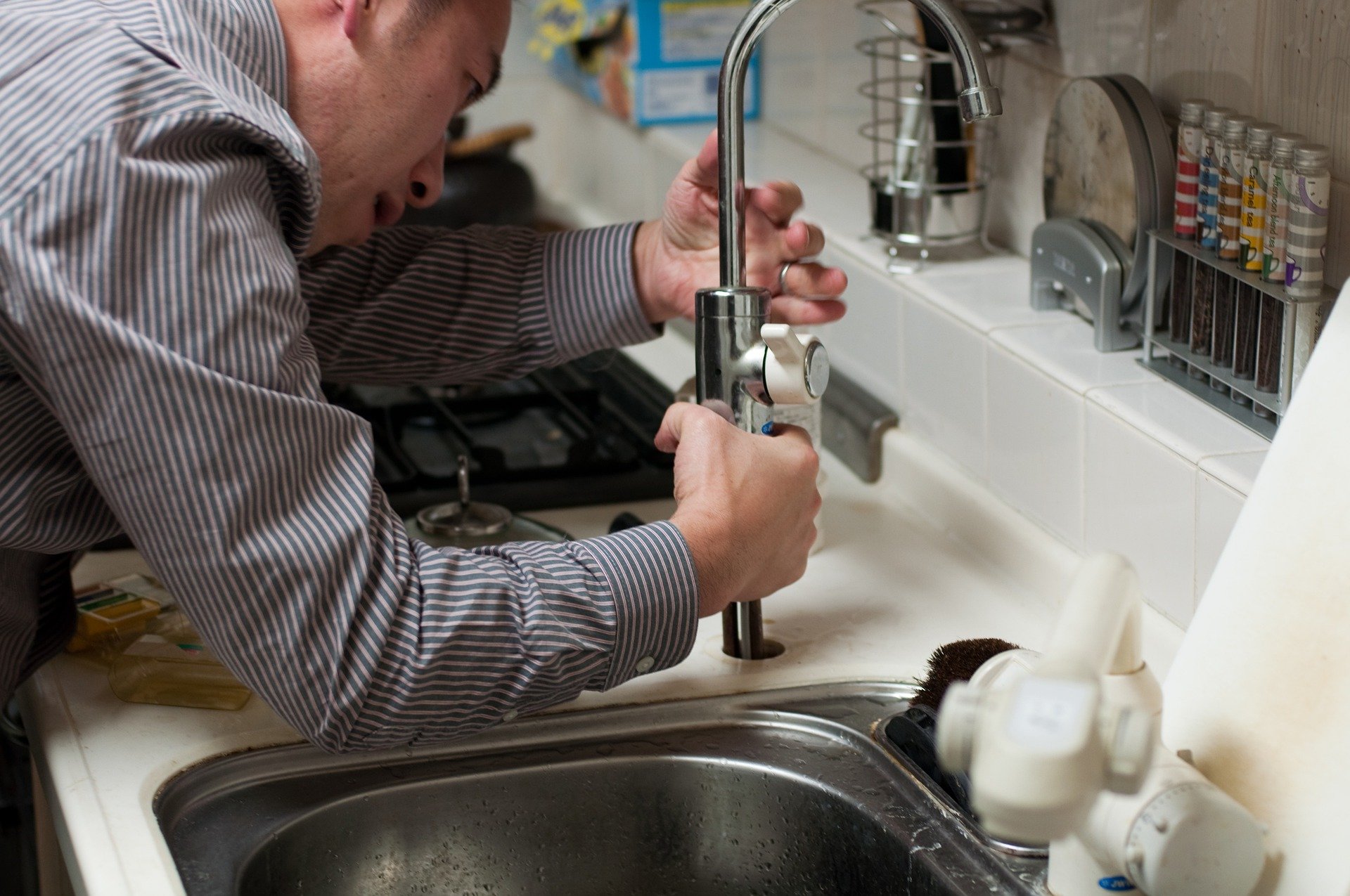 Choosing the right Grand Prairie plumber influences project quality, overall costs, and long-term reliability deeply due to the intricate competencies involved. Here are pro tips:
Choosing the right Grand Prairie plumber influences project quality, overall costs, and long-term reliability deeply due to the intricate competencies involved. Here are pro tips:
- Ask for Recommendations: Tap into social circles’ recent plumbing projects for reputable referrals meeting budgets and having robust issue diagnostic abilities. Happy customers volunteer great suggestions!
- Check Online Reviews: Verify area plumbers’ local reputation across various rating platforms and complaint registers for red flags around workmanship, professionalism, or responsiveness providing confidence in abilities.
- Verify Credentials: Licensed, bonded, and insured specialists inspire trustworthiness – ask about length and types of experience handling complex tasks before granting backyard access. Trade certification checks help too.
- Get Multiple Estimates: Judiciously compare projected costs, offered guarantees, and material qualities amongst multiple options before large jobs to determine optimal value despite identical requirements.
- Ask About Experience and Expertise: Specifically probe years dealing with tricky infrastructure environments similar to yours, niche repair tool availability, continuous development policy, regulatory compliance grasp, and typical permit lead times evidencing competency.
- Check for Warranties: Well-performing plumbers stand behind craftsmanship with satisfactory warranties against defects, accidental transition damage, or problem resurgence – ranging from months to limited lifetime options.
Careful selection research averts regrettable quality and cost surprises down the line. Attention upfront equals greater peace of mind afterward.
Plumber Specializations
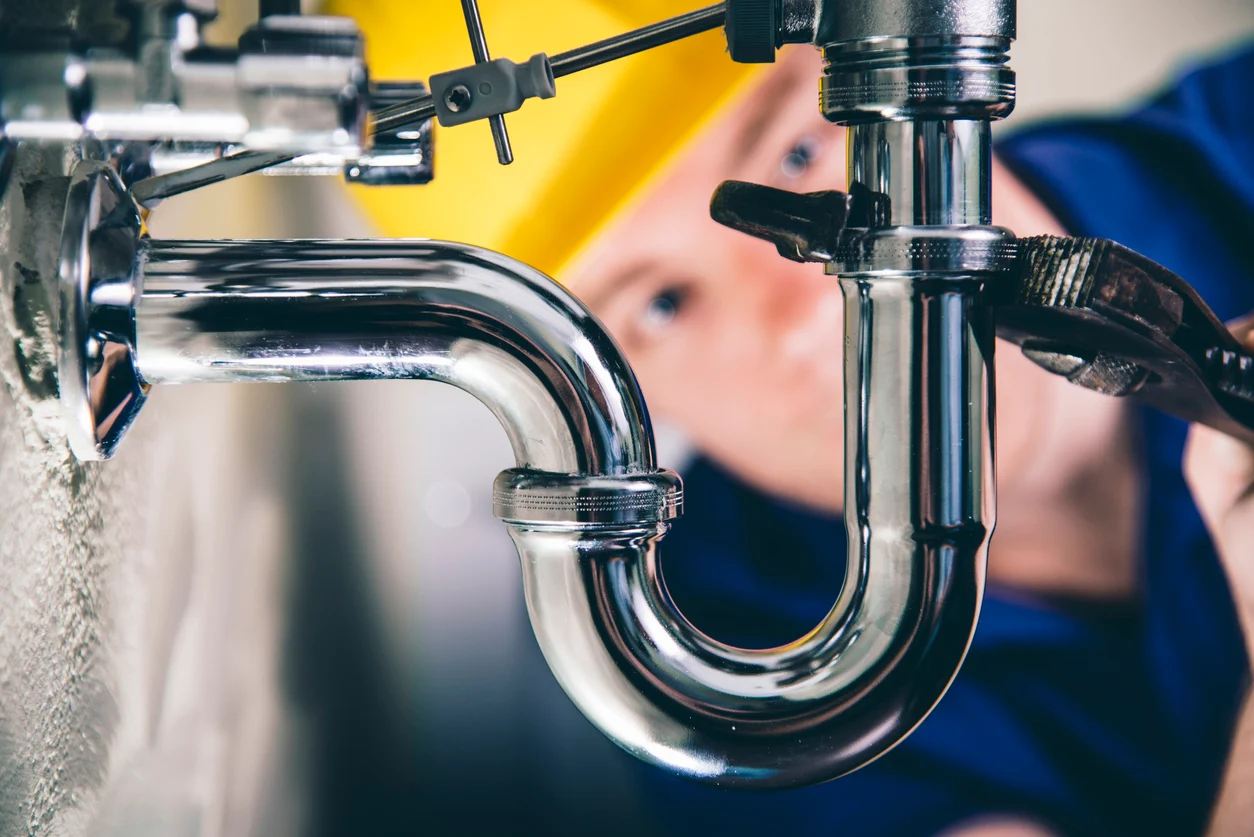 Beyond generalized household services, advanced plumbing credentials qualifying expanded competencies exist informing provider choice:
Beyond generalized household services, advanced plumbing credentials qualifying expanded competencies exist informing provider choice:
- Residential Plumbers: Addressing commonplace leaks, drain clearing, fixture repair, and modest renovation needs for homeowners through plentiful equipment, code expertise, and practical experience dealing with regional home intricacies.
- Commercial Plumbers: Schooling in advanced large-scale designs, municipal regulations, and industrial-grade parts suit them for office blocks, factories, and public infrastructure demanding calibrated project planning and reliability.
- Service and Repair Plumbers: Accumulated niche diagnostics wisdom across appliance fittings, leak detection, clog removal and swift restoration of functioning speedily with limited demolition disruptions make them ideal for rapid response emergency calls.
- New Construction Plumbers: Meticulous planning abilities with fresh installations of entire drainage systems, water heating specifications, and iterative design adjustments during skeletal building phase builds, additions, or drastic remodel ventures.
- Pipefitters: Specialized welding, measuring, assembling, and aligning of integrated pipe components, valves, and plumbing appliances feeds broader industrial-scale mechanical infrastructure environments in factories and plants.
Matching distinguished competencies against needs ensures the best outcome potential.
Plumbing Maintenance Tips
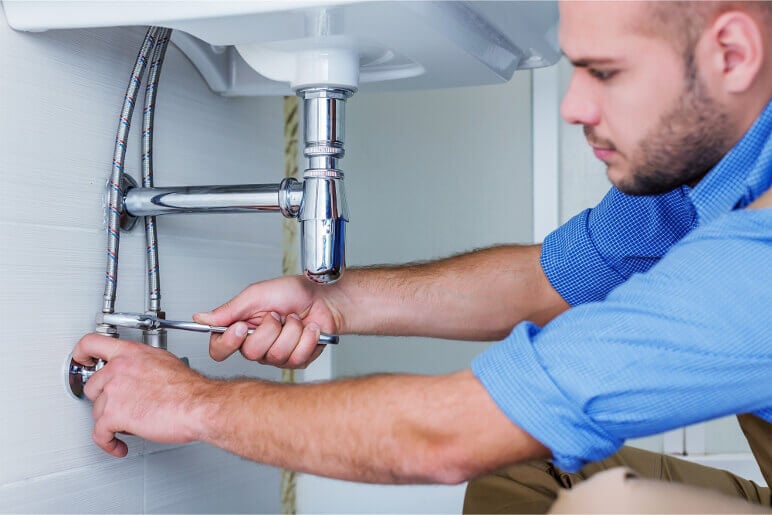
Regular minor plumbing checks and interventions help circumvent drastic breakdowns plus prolong infrastructure lifespan substantially. Here are handy fundamentals:
- Check for Leaks: Periodically scan exposed water connection joints, valve seals, tank overflow, and drainage outlets for erosion indications and react at first signs preventing escalation.
- Clean Drains: Pouring baking soda and vinegar mixtures monthly suffocates clinging grease and debris buildup. Supplement with plunging and commercial enzymatic digesters preventing gradual clogging.
- Flush Toilets Properly: Never flush wipes, sanitary products, or oils risking obstruction. Periodic tank scrubbing removes mineral accumulation maintaining free flow.
- Insulate Pipes: Applying weatherproof foam sleeves around pipework exposed to freezing temperatures averts burst risks plus lowers heated water loss driving efficiency.
- Know Water Shut-Off Valve Location: Clearly label the primary house water inlet location for emergency water supply suspension during major leakage while awaiting the plumbing crew’s arrival. Minimizes furniture damage.
With plumbing creators’ foresight and care, dreadful breakdown disruptions stay scarce rather than frequent.
Plumbing Emergencies
Certain plumbing contingencies represent substantial enough home or health hazards necessitating emergency expertise dispatch without delays. These include:
- Burst Pipes: Violent pipe ruptures from untenable excess pressure or frozen cracks trigger extensive flooding jeopardizing infrastructure stability and possessions. Swiftly engaging 24-hour plumbers curbs harm severity.
- Sewage Backups: Copious volumes of drainage water overflowing sinks, bathtubs, or toilets due to dense clog buildup risk serious contamination and permanent surface staining if left unchecked.
- Gas Leaks: The distinct rotten eggs smell coupled with hijacked gas meter indicator needles calls for urgent gas utility hotline alerts to enable immediate site shutdown avoiding gas buildup from touching ignition sources. Evacuate occupants and ventilate the area.
- Major Leaks: Torrents of water stemming from ruptured central plumbing lines or visibly extensive dripping ceasing independently necessitate an emergency visit to diagnose and patch failing segments before mold risks escalate.
Conclusion
Reputable plumbers provide essential crisis prevention and response competencies protecting major asset investments – our homes. Leveraging maintenance tips distributes costs while extensive vetting locks in quality and reliability when necessitated for the occasional challenge exceeding DIY capacities. Partnering with competent providers backed by warranties inspires confidence.


